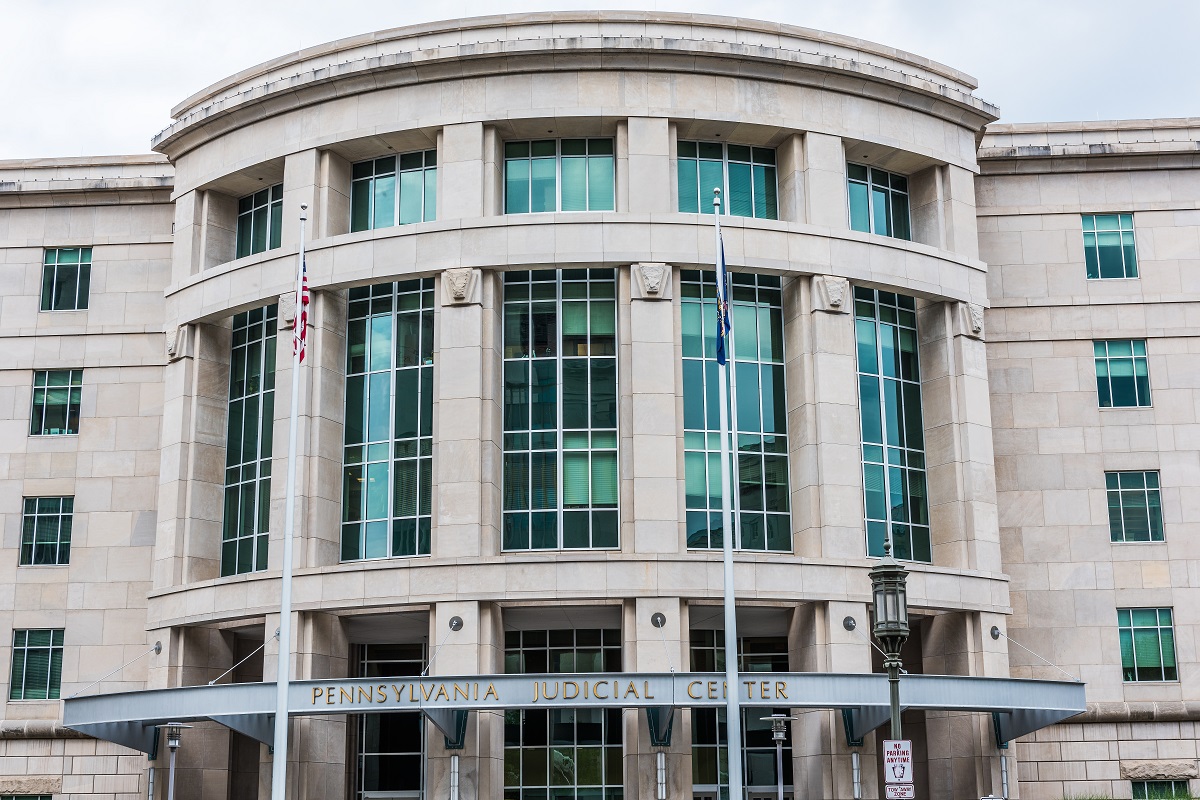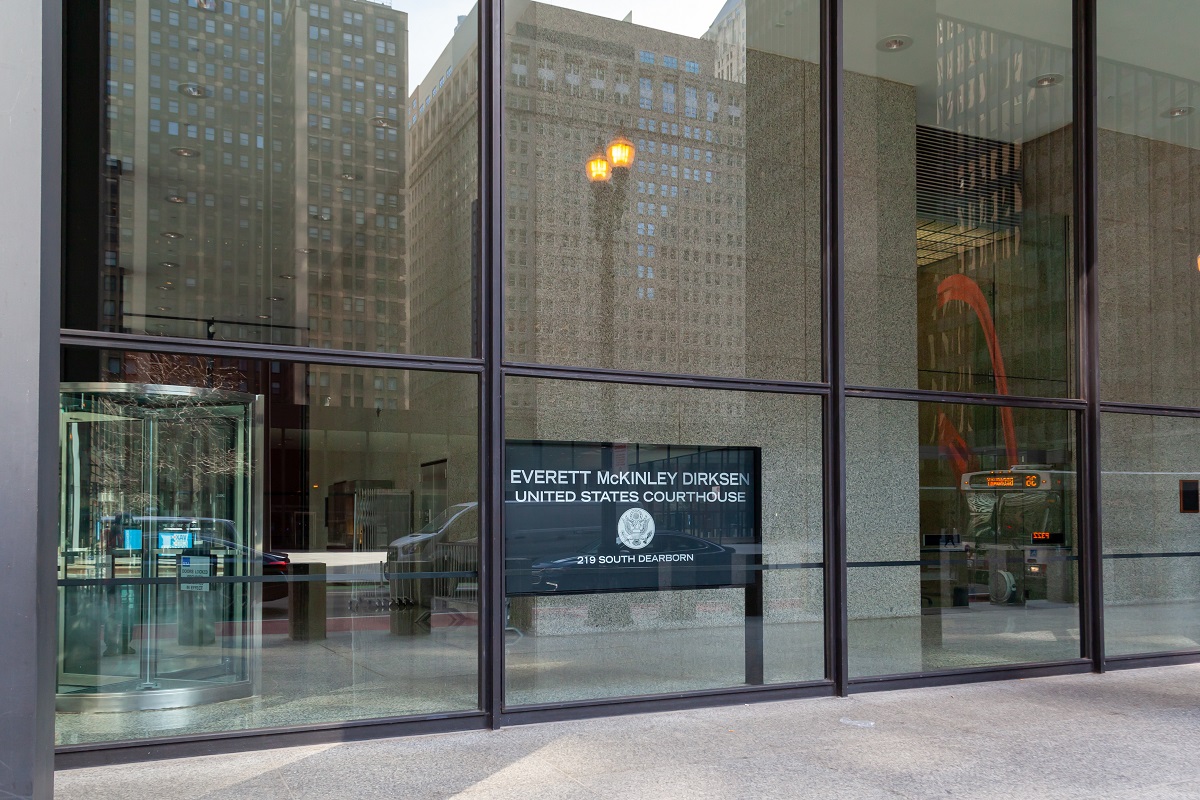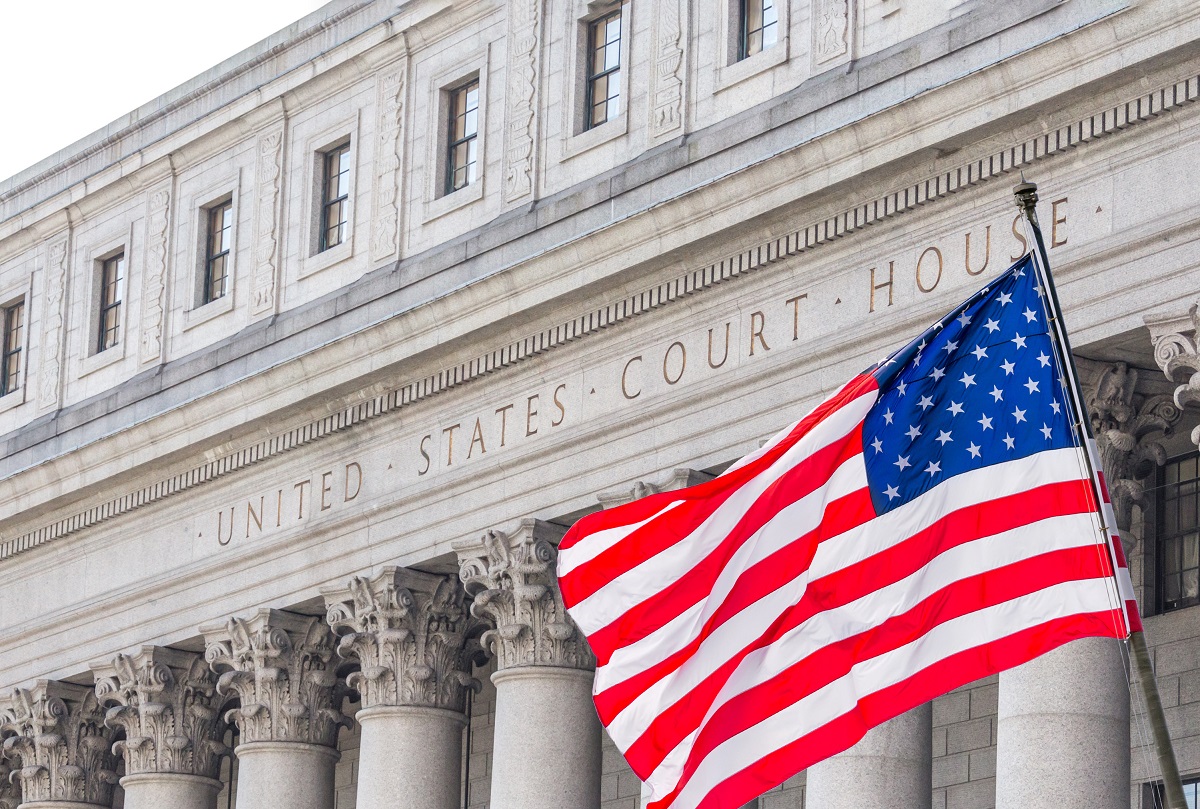The U.S. Court of Appeals for the Seventh Circuit recently affirmed a trial court’s summary judgment ruling in favor of a debt collector asserting a bona fide error defense to an action under the federal Fair Debt Collection Practices Act.
7th Cir. Rules Dispute Sent Through Wrong Channel Gave Rise to Valid FDCPA ‘Bona Fide’ Error Defense












